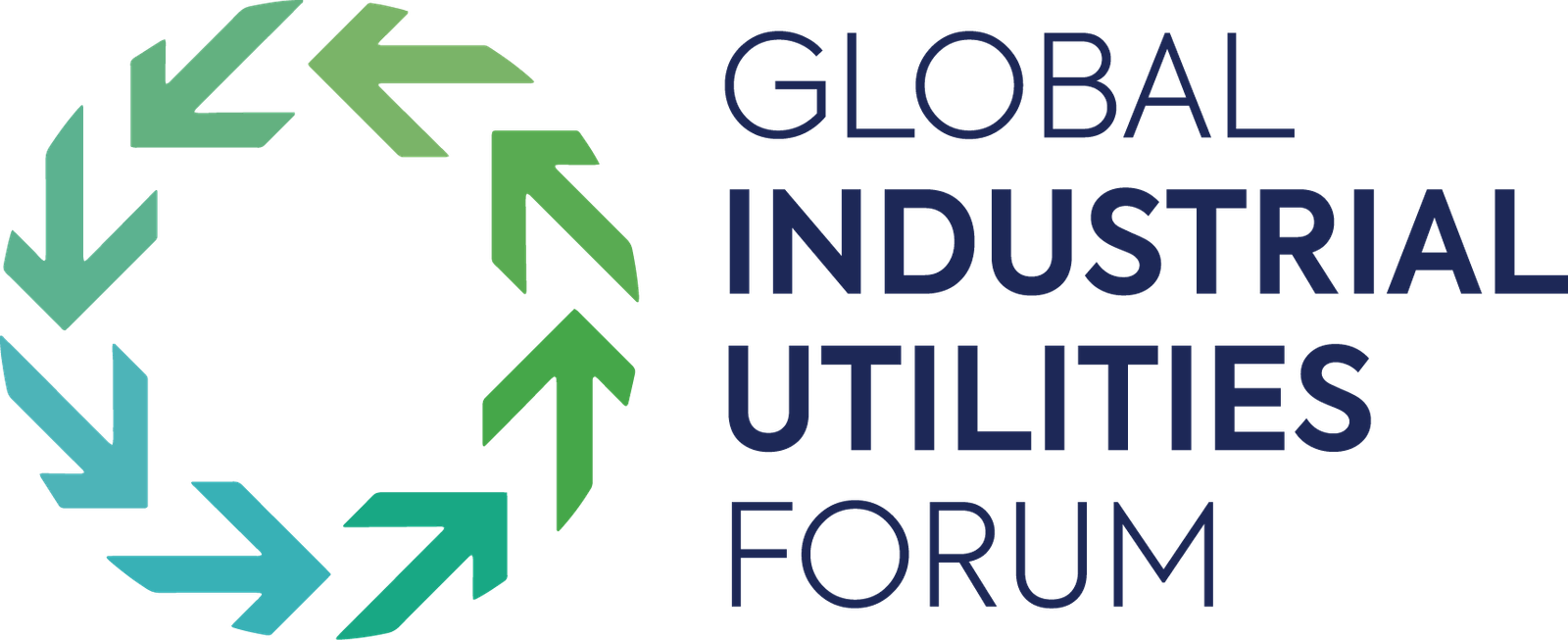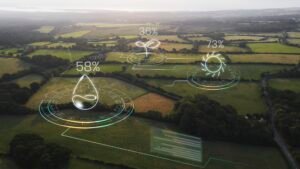AI-Driven Wastewater Treatment: Machine Learning for Adaptive Filtration and Reuse
Water scarcity and pollution are growing global concerns, prompting industries and utilities to seek innovative solutions. The integration of Artificial Intelligence (AI) and Machine Learning (ML) in wastewater treatment is revolutionizing adaptive filtration, enabling smarter, more efficient, and sustainable water reuse strategies.
The Global Utilities Forum serves as a knowledge-sharing platform where industry leaders discuss advancements in AI-driven wastewater management, fostering collaborations that drive innovation.
Machine Learning in Adaptive Filtration
Traditional wastewater treatment systems rely on predefined parameters and fixed protocols, often leading to inefficiencies when dealing with variable water quality. Machine learning introduces dynamic, data-driven decision-making processes, offering the following advantages:
- Real-time Water Quality Monitoring: AI systems analyze continuous sensor data to detect contaminants and adjust filtration rates accordingly.
- Predictive Maintenance: ML algorithms identify early signs of equipment degradation, reducing downtime and optimizing performance.
- Automated Process Optimization: By leveraging historical data, AI can refine treatment processes, minimizing chemical use and energy consumption.
- Anomaly Detection: AI-driven filtration systems detect irregularities such as sudden chemical spikes or biofouling, triggering immediate corrective measures.
Sustainable Water Reuse with AI
Efficient wastewater treatment is key to circular water economies. AI-powered solutions enhance the potential for safe and cost-effective water reclamation. Applications include:
- Industrial Water Recycling: AI refines treatment levels for reuse in manufacturing and cooling systems.
- Smart Irrigation Systems: Machine learning adjusts water quality parameters for agricultural applications.
- Urban Wastewater Reuse: Advanced filtration allows safe reintegration into municipal water supplies, reducing freshwater dependency.
Case Studies and Industry Adoption
Global water utilities are increasingly investing in AI-driven wastewater management. Notable examples include:
- Singapore’s PUB Water Authority, which employs AI for real-time monitoring of membrane filtration in its desalination and NEWater plants.
- European Wastewater Projects, where machine learning is used to optimize nutrient removal and enhance process stability.
- North America’s Smart Water Networks, integrating AI to predict wastewater treatment demands and manage stormwater overflow events.
The Future of AI in Wastewater Treatment
As AI technology advances, wastewater treatment plants will become fully autonomous, with self-learning systems continuously improving efficiency. The future includes:
- AI-powered decentralized treatment units for on-site water recycling.
- Integration of IoT and blockchain for transparent, data-driven water governance.
- Next-gen biofiltration technologies enhanced by machine learning models.
Join the Conversation at the Global Utilities Forum
The Global Utilities Forum brings together experts, policymakers, and technology providers to discuss the latest trends in AI-driven wastewater management. As the industry moves towards more sustainable and intelligent water treatment solutions, this forum remains a pivotal hub for knowledge exchange and collaboration.












